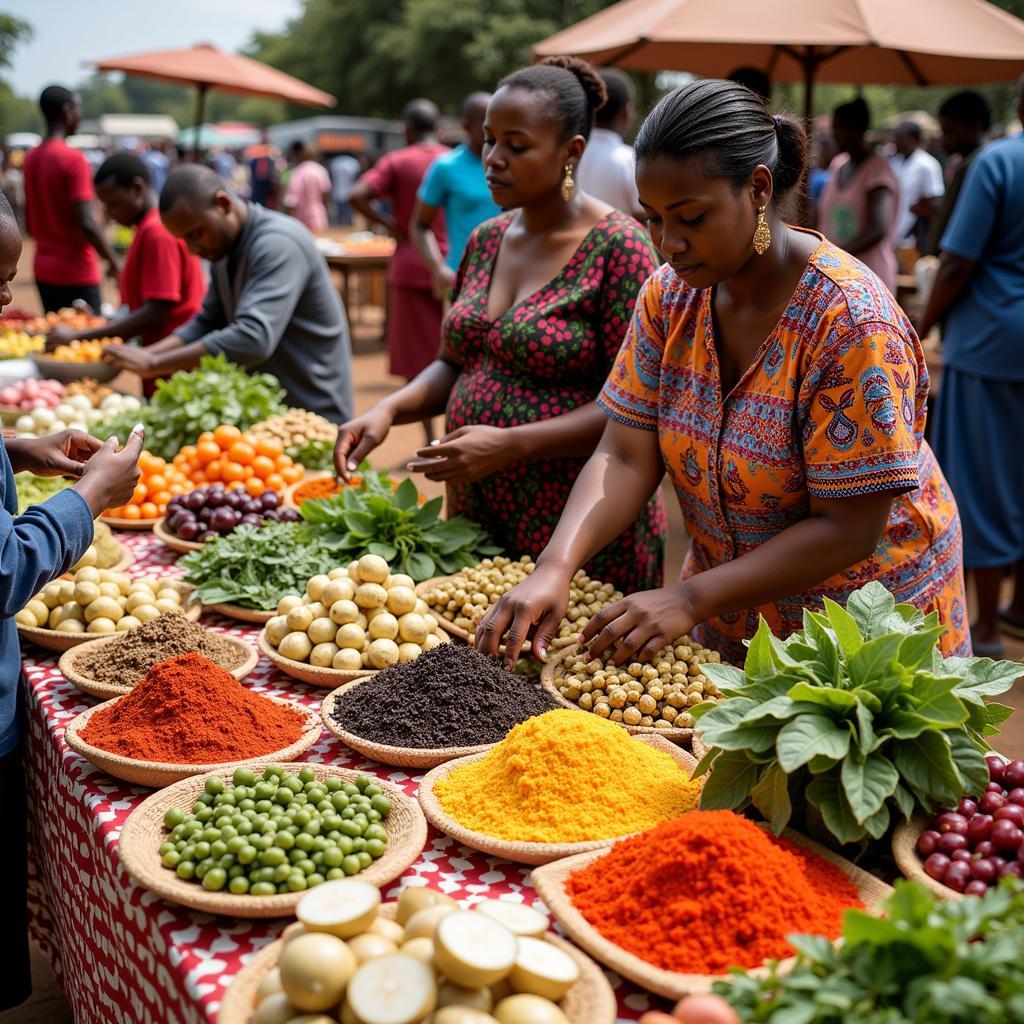Exploring the Rich Tapestry of African and Caribbean Literature
The vibrant literary landscape of Africa and the Caribbean is a testament to the resilience, creativity, and unique experiences of its people. This region, home to a diverse array of languages, cultures, and histories, has produced a rich body of work that has captivated readers worldwide. From the evocative prose of Chinua Achebe to the lyrical poetry of Derek Walcott, African and Caribbean literature offers a compelling glimpse into the complexities of identity, colonialism, and social change.
A Shared History of Resistance and Resilience
Both Africa and the Caribbean have been shaped by the enduring legacy of colonialism, slavery, and the struggle for liberation. This shared experience has fueled a powerful literary tradition that explores themes of oppression, resistance, and the search for self-determination. Authors like Ngugi wa Thiong’o and Aimé Césaire have used their writing to challenge colonial narratives and reclaim the voices of their people.
A Celebration of Oral Traditions
One of the defining features of African and Caribbean literature is its deep connection to oral traditions. Storytelling, poetry, and music have long been central to the cultural life of these communities. Authors have drawn inspiration from these rich oral traditions, weaving them into their own literary creations.
The Power of Storytelling: Oral Traditions in Literature
“The oral tradition is not just a way of transmitting stories; it is a way of living,” says Dr. Abena Busia, a renowned scholar of African literature. “It shapes our understanding of the world, our values, and our sense of identity.”
A Mosaic of Diverse Voices
African and Caribbean literature is a kaleidoscope of diverse voices and perspectives. Authors from different countries, backgrounds, and generations have contributed to this vibrant literary landscape. The works of contemporary authors such as Chimamanda Ngozi Adichie, Marlon James, and Edwidge Danticat continue to challenge and inspire readers.
Exploring Themes of Identity and Belonging
“Identity is a complex and multifaceted concept, especially for those who have been subjected to colonization,” says Dr. Kwame Anthony Appiah, a renowned philosopher and writer. “African and Caribbean literature explores the ways in which identity is shaped by history, culture, and personal experiences.”
A Legacy of Innovation
African and Caribbean writers have consistently pushed the boundaries of literary expression. From the experimental works of Wole Soyinka to the lyrical poetry of Louise Bennett-Coverley, this region has produced a wealth of innovative and thought-provoking literature.
Beyond the Narrative: Literary Experimentation
“The literary landscape of Africa and the Caribbean is constantly evolving,” says Dr. Maya Jasanoff, a historian and writer specializing in colonial history. “Writers are experimenting with form, language, and narrative structure, creating new and exciting expressions of their lived experiences.”
The Enduring Impact of African and Caribbean Literature
African and Caribbean literature has had a profound impact on global literature and culture. It has introduced readers to new perspectives, challenged assumptions, and fostered a greater understanding of the world. These works continue to inspire and provoke readers, reminding us of the power of literature to shape our understanding of the world and ourselves.
FAQ:
-
What are some of the major themes explored in African and Caribbean literature?
African and Caribbean literature often explores themes of colonialism, slavery, identity, resistance, social change, and the search for self-determination.
-
Who are some of the key figures in African and Caribbean literature?
Some key figures include Chinua Achebe, Ngugi wa Thiong’o, Aimé Césaire, Wole Soyinka, Derek Walcott, Chimamanda Ngozi Adichie, Marlon James, and Edwidge Danticat.
-
How does oral tradition influence African and Caribbean literature?
Oral traditions have a profound influence on African and Caribbean literature. Storytelling, poetry, and music are woven into the fabric of these cultures, inspiring writers and shaping their literary works.
-
What is the significance of African and Caribbean literature in a global context?
African and Caribbean literature plays a crucial role in expanding our understanding of the world, challenging assumptions, and fostering intercultural dialogue. It offers unique perspectives on history, culture, and the human condition.
-
What are some resources for learning more about African and Caribbean literature?
There are many resources available for learning more about African and Caribbean literature, including online databases, academic journals, libraries, and literary festivals. You can also find excellent resources online from organizations like the African Studies Association and the Caribbean Studies Association.
-
How can I support African and Caribbean writers?
You can support African and Caribbean writers by reading their works, attending book signings and events, and recommending their books to others. Consider donating to organizations that promote literacy and support writers in these regions.
-
Why is it important to read African and Caribbean literature?
Reading African and Caribbean literature allows us to expand our horizons, challenge our own biases, and gain a deeper understanding of the world and its diverse cultures. It reminds us of the power of stories to connect us, inspire us, and spark change.
